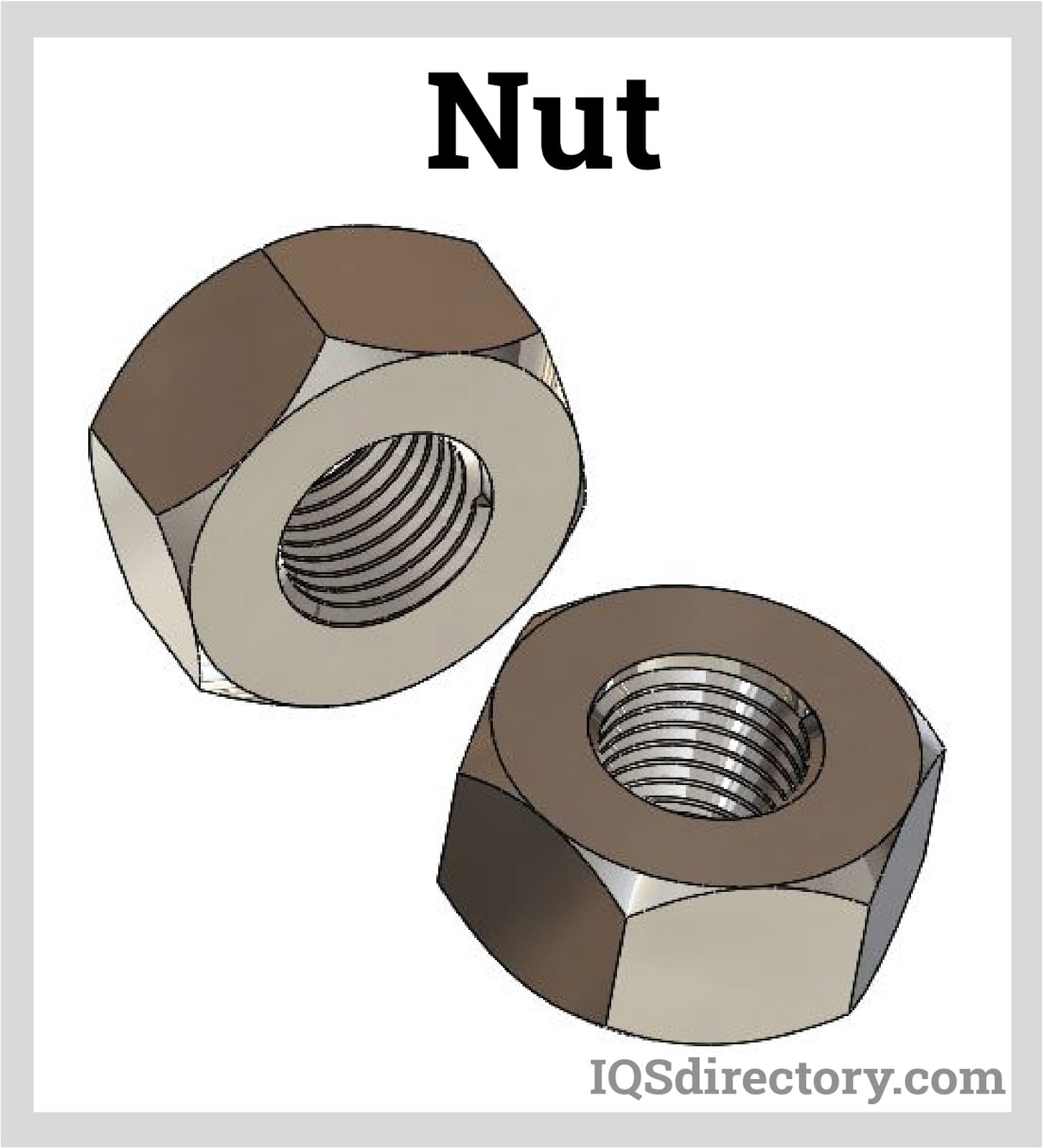A Outlook of Fastening Devices: Advancements in Nut Components and Bolts
Amidst the current rapidly evolving world, the importance of fastening components, particularly nuts & bolts, continues to increase. These seemingly simple components are crucial in numerous uses, ranging from building tasks to automotive repairs. With https://posteezy.com/evolution-fasteners-and-screws-story , so do the developments surrounding such important attachment solutions. Grasping the various types, applications, and substances of nuts and bolts is vital for individuals involved in do-it-yourself tasks, commercial building, or maintenance tasks.
This document will examine the prospects of fasteners and provide a comprehensive overview of different kinds of bolts and nuts. We will cover topics ranging from basic definitions and uses to the most common types of bolts, their uses, and the most recent developments in materials and finishes. With insights into industrial construction, vehicle requirements, and custom fasteners, this guide will provide you with the knowledge needed to choose the right fastener for any project, guaranteeing both effectiveness and durability.
Types and Functions of Nuts and Bolts
Nuts and bolts are vital components in numerous applications, providing stability and durability to structures and equipment. Fasteners can be categorized into several types, such as hex bolts, carriage fasteners, and lag screws, each intended for specific uses. Hex head bolts are adaptable and widely used in numerous projects, while round head bolts offer a smooth head perfect for securing wooden items. Lag screws are especially beneficial for heavy-duty applications, as their thick threads allow them to grip sturdy substances, making them a popular choice in construction.
Nuts complement bolts by securing them in place and providing a tight fit. Various types of nuts—such as common nuts, lock nuts, and flanged nuts—serve unique purposes. website link are made to resist loosening under vibration, making them ideal for automotive applications. Flange nuts have a integrated washer-like base that spreads the load, preventing damage to the material being fastened. Understanding the roles of these various nut types helps in choosing the right item for a project, guaranteeing reliability and safety.
When selecting nuts and bolts, one must consider factors like material, thread specification, and the specific application. Frequent materials include steel, corrosion-resistant steel, and bronze, each offering unique benefits in terms of strength and resistance to corrosion. The thread design—rough, tight, or measured—also influences the suitability and performance of the fasteners. By recognizing the types and functions of nuts and bolts, users can make knowledgeable choices that enhance the longevity and effectiveness of their projects.
Materials and Finishings
The selection of substances for nuts and fastening elements significantly impacts their functionality and appropriateness for various applications. Typical substances include steel, copper alloy, and titanium. Carbon steel is commonly used due to its durability and adaptability; however, the specific type of steel can further influence its properties, such as tensile capacity and ability to oxidation. Brass is frequently selected for uses requiring oxidation resistance and good conductive properties, while titanium offers superior strength relative to weight and resistance to extreme environments, making it ideal for specific uses.

Finishes also serve a critical role in improving the durability and life span of fasteners. Zinc plating is a well-liked choice for providing oxidation protection, particularly in settings where moisture is a concern. Galvanization takes this a notch higher, offering a thicker protective coating that can endure more extreme environments. Other finishes, such as powder finish and anodized finishes, can also be utilized to enhance appearance and further protect against wear and oxidation.
Comprehending the relationship between materials and finishes will help you choose the most suitable fastening elements for your specific requirements. For external projects, think about using corrosion-resistant choices that will withstand outdoor conditions. Always evaluate the environment your fastening elements will encounter, as well as any necessary trade-offs between durability, mass, and oxidation resistance, to guarantee their durable performance.
Specialty and Unique Fasteners
Specialty and special fasteners are engineered to meet particular requirements that conventional nuts and bolts cannot fulfill. For instance, security fasteners, such as tamper-proof nuts and bolts, are engineered to prevent illegitimate access or removal. These often feature distinctive heads or threading that require unique tools for installation and removal, making them ideal for applications where safeguarding is a concern, such as in public installations or machinery that is extremely valuable.
Another category worth mentioning is nylon lock nuts, which provide enhanced locking capabilities compared to regular nuts. The nylon insert creates friction when the nut is screwed onto the bolt, thereby preventing it from loosening due to vibrations. These fasteners are particularly useful in automotive and machinery applications where movement and shaking can lead to the failure of traditional fastening methods. Utilizing nylon locking nuts can significantly improve the strength and dependability of connections in dynamic environments.
Anchor bolts represent another crucial type of specialty fastener specifically designed for high-strength applications, such as securing structures to foundations. They are commonly used in construction for attaching supports, columns, and more to concrete or masonry. It is important to select the appropriate anchor bolt type—whether it be mechanical or adhesive—based on the load requirements and surrounding conditions to ensure maximum holding power and structural integrity.